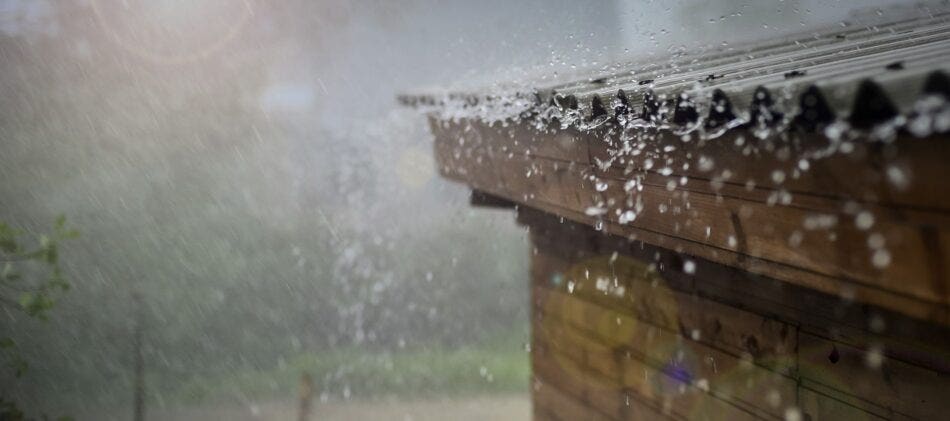A home insurance policy covers you for a wide variety of things; it includes coverage for liability, for your personal property, and for the house itself. Home insurance does not cover all property or eventualities! There are some things which are generally excluded from a home policy, and it’s vital that you know what they are. These seven things are not covered by your homeowner’s insurance, and some of them may require their own policy.
1. Flood Damage
Yes, some water damage is covered by your homeowner’s insurance, but flood damage is not. Water damage is a confusing area for many homeowners, and each policy will determine what areas of damage are covered and which are not. However, damage from a flood is excluded from home insurance policies. Flood is generally described as rising or overflow of a natural body of water. Run off and seepage below the surface of the ground are also excluded.
2. Business Coverage
If you run a business out of your home, you will need a small business general liability policy to protect you against business-related liability claims. The liability on your home insurance policy will cover a guest injured on your property, but not if the person injured is a client on the premises for business-related reasons. You will also need an additional policy to cover business contents that exceeds the small amount of coverage available on homeowner’s insurance. Most businesses will exceed this amount; be sure to find out what the limit is on your policy. Recognizing an increase in home based business some insurers are offering extensions to home insurance for an additional premium.
3. Wear & Tear and Maintenance
Your home insurance policy is there to get you back to where you were before a sudden, unexpected occurrence that does damage to your home. Wear and tear and regular maintenance issues do not fall under that category. It’s up to homeowners to keep up on all repairs that are needed to the home as a result of age and weather wearing on the house over time. Home insurance won’t pay to replace a roof that is getting old or to buy a new water heater if it fails. Furthermore, damage that occurs as a result of your failure to deal with maintenance issues could be denied in the event of a claim. For example, if you know the toilet is leaking but fail to repair it, water damage as a result isn’t covered under your policy.
4. Earth Movement
If the earth moves and does damage to your home, your homeowner’s insurance won’t cover you. Earthquakes and landslides are just two types of earth movement that are specifically excluded on home insurance policies. Separate earthquake insurance is available, and a good idea for anyone living in an earthquake prone area. Even if you aren’t in an area known for earthquakes, it can and does happen in unusual locations, so it’s something for everyone to consider.
5. Mold Removal
Mold is usually a result of water damage, but when it occurs slowly over time due to a leak, whether detected or not, your home insurance won’t cover the cleanup. Mold can be very expensive to get rid of, so it’s vital to stay on top of any leaks and clean up water damage promptly. If the water damage is from a covered peril, inform your broker or insurer right away. Mold is avoided when dealt with promptly by professionals, as it can spread and become a much larger problem very quickly.
6. Drug Operations
Policies usually exclude loss or damage caused by grow ops or the manufacture, distribution or sale of any substance falling within the controlled Drugs & Substances Act.
7. Toys
Homeowners policies have little or no coverage for aircraft, automobiles, watercraft, motorcycles, ATV’s, sled or recreational vehicles. Specific and separate coverage is available thru your insurance broker for the use and ownership of these types of personal property.
This is not an exhaustive list because each policy is a little different and what is included or excluded depends on the insurer and the type of policy. It’s important to be aware of all exclusions on the policy and to prepare yourself by being informed and evaluating optional coverage when available. Read all of the fine print on your policy so that you aren’t surprised by an exclusion once it’s too late.
Talk to an Acera Insurance advisor about your home insurance options.

